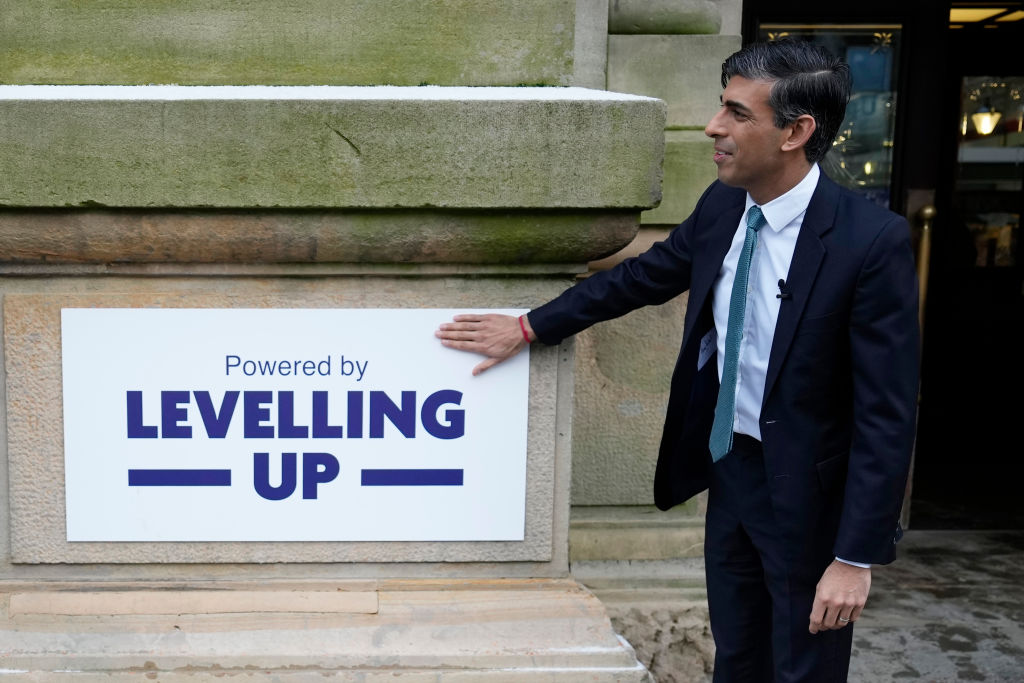A British Silicon Valley won’t happen with wishful thinking

Jeremy Hunt wants Britain to be the next Silicon Valley, but the one organisation which might’ve made it true has lost its government funding, the soon-to-be former CEO of Tech Nation gives his experience on a transformation made of nothing but hard work.
After nearly a decade in service of the UK tech ecosystem, Tech Nation will close its doors from the beginning of April. It leaves in its wake, a tech sector transformed. One that is resilient, globally-focused, and at the centre of the UK’s economic story.
The creation of Tech Nation stemmed from an ambition for the UK to be a top five global centre for digital entrepreneurship. An ambition many at the time scoffed at.
At the time, the UK’s tech economy was in its infancy. It was heavily focused in London and only a handful of tech firms had achieved the mythical unicorn status – a $1bn valuation. While the community felt energised and inspiring, it was disparate and somewhat disconnected. There were gaps to fill regarding digital education, founder networking, access to capital, and visas to attract and keep top talent on our shores.
Nearly a decade later, the UK has a national network of digital excellence, with ambitious startups and scaleups operating across every region of the UK, employing 5 million people. Britain boasts over 20 locations with one tech unicorn or more, almost triple our nearest European counterpart.
The combined value of UK tech companies reached over $1trn by the end of 2022 (up from $60bn in 2013). Today, the UK is only the third country in the world to pass this milestone. Just the US and China stand ahead of us.
But the value of UK tech doesn’t lie in impressive statistics. It lies in the impact our tech sector is having on the rest of the world. The UK’s tech startups and scaleups are solving the world’s most important challenges with drive and determination. Whether employing AI to upgrade healthcare systems or harnessing green tech to combat the worsening effects of climate change – the strength and depth of our ingenuity is extraordinary.
As founding chief executive of Tech Nation, it’s been a privilege to have had a front-row seat as wave after wave of incredible innovation has swept through every corner of the UK. Many of the tech stars we take for granted today – from Monzo to Skyscanner, from Deliveroo to Depop – passed through Tech Nation’s programmes on their way to success.
With our successes in hand, you could argue that it is mission accomplished. But for the first time in decades, macroeconomic headwinds threaten Britain’s tech leadership. Our startup and scaleup ecosystem has shown enormous resilience during a global pullback in access to venture capital. The sector is under immense strain, with widespread job losses and some of our brightest businesses collapsing all together.
The government has made clear its ambitions for the UK: just a week after Tech Nation lost its funding, Jeremy Hunt reiterated his vision for the UK to be the “next Silicon Valley”. Rhetoric must be met with support mechanisms.
The creation last week of a dedicated Department of Science, Innovation and Technology is a step in the right direction but much will depend on its priorities and how it sets out coherent plans for them. Otherwise our entrepreneurial legacy could begin to crack, challenged by the might of other European countries and a faster economic bounce back in Silicon Valley.
This next chapter of UK innovation and entrepreneurship will require consistent and attentive leadership. Not platitudes, but meaningful action. Let’s not squander it.
